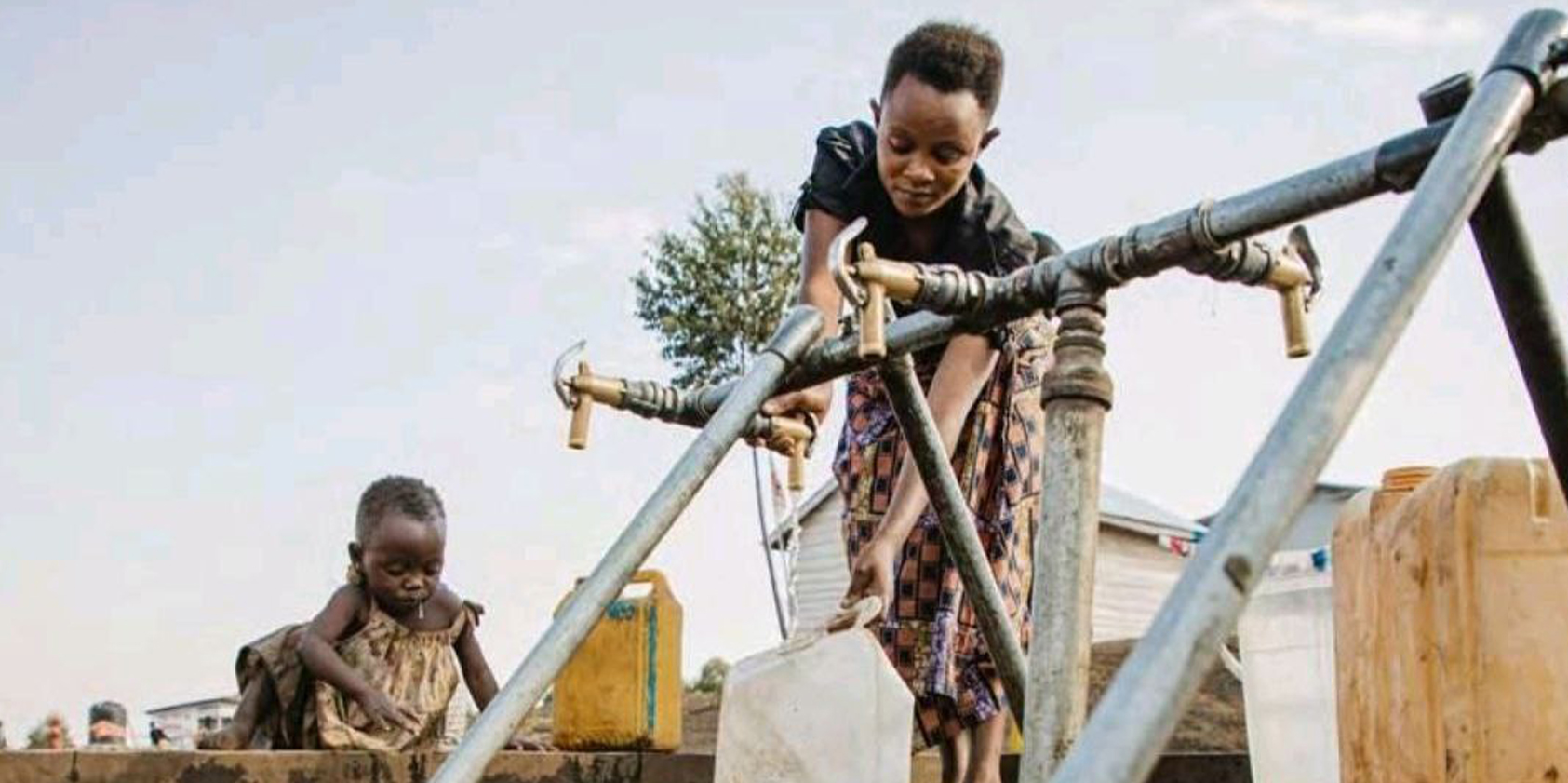Ethiopia faces a severe water, sanitation, and hygiene (WASH) crisis, with 37 million people still lacking access to basic water services, according to the latest WHO/UNICEF Joint Monitoring Programme (JMP) report released on August 25, 2025. This stark figure makes Ethiopia one of the focal points of the global struggle for safe and equitable water access.
The report, titled Progress on Household Drinking Water, Sanitation, and Hygiene from 2000 to 2024, highlights both global advances and ongoing inequalities in WASH services. While more than 961 million people worldwide have gained access to safe drinking water since 2015, sub-Saharan Africa remains disproportionately affected. More than half of the 287 million people worldwide with limited water access live in this region, with Ethiopia and the Democratic Republic of Congo alone accounting for one-third of that vulnerable population.
Ethiopia’s crisis is deeply shaped by geographical and socio-economic inequalities. Although rural areas have seen notable improvements — improved water availability rose from 14% in 2000 to 71% in 2024, growing at 2.4% per year — urban progress has lagged behind with coverage increasing modestly from 49% to 67%, or just 0.8% annually. A 2024 study in eastern Ethiopia confirmed that socio-economic factors remain a critical barrier to equitable access.
Rapid urbanization and population growth continue to strain Ethiopia’s existing water infrastructure, creating challenges in meeting escalating demand. This disparity means that the benefits of development improvements are unevenly distributed, leaving vulnerable communities behind.
Sanitation also remains a significant challenge. While the number of people practicing open defecation worldwide has decreased by 429 million since 2015, access to safe sanitation services needs to accelerate to meet the 2030 Sustainable Development Goals. Political instability and limited resources compound difficulties in expanding WASH services, especially in low-income and conflict-affected areas.
For the first time, the JMP report included indicators on menstrual health—highlighting another critical but often overlooked issue. Findings from 70 countries reveal that although most women and girls use some form of menstrual hygiene materials, many lack sufficient supplies to change them adequately, posing health and social challenges.
This report underscores that Ethiopia, despite progress, faces the urgent task of addressing persistent inequalities and infrastructure gaps. With 37 million people still deprived of basic water and worsening socio-economic disparities, Ethiopia must intensify efforts to build a healthier and more equitable future for all citizens.



